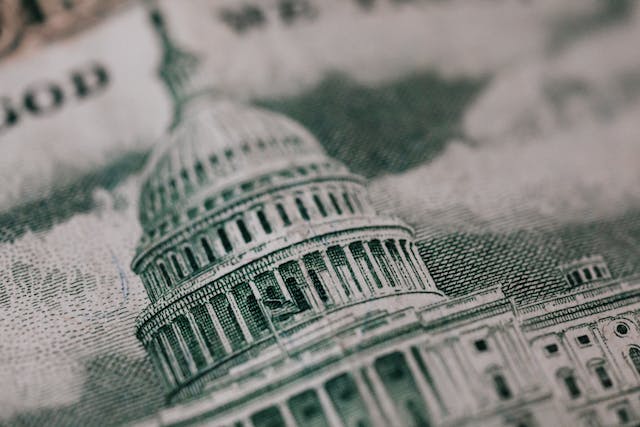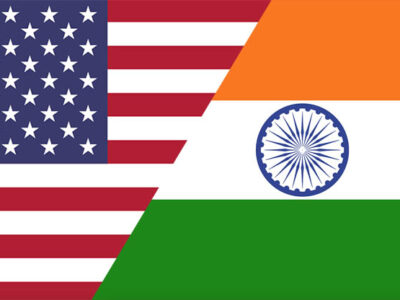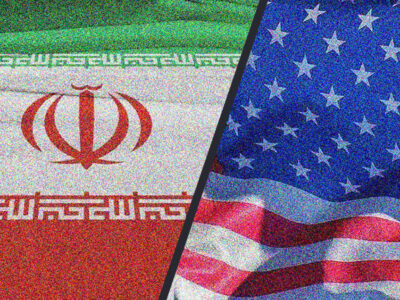Payam Javan: Lawmakers are heading back to Washington on September 9 with a looming deadline to prevent a government shutdown. With only 21 days remaining before the September 30 funding deadline, Congress faces intense pressure to reach a deal. If they fail to agree, a shutdown could begin on October 1, disrupting government operations. The situation is further complicated by the upcoming presidential election, which is likely to influence the negotiations and add to the urgency of resolving the budget impasse.
Last week, Representative Clay Higgins (R-La.) proposed a funding extension through March 2025, supported by House Speaker Mike Johnson (R-La.). However, this proposal has faced opposition from Democrats due to its inclusion of controversial provisions. Spending negotiations are typically contentious, and this year is no exception, with the Republican-controlled House and Democrat-controlled Senate at an impasse. The House has passed several spending bills that include contentious cultural issues, while the Senate has yet to pass any.
The debate over funding is exacerbated by the introduction of the Safeguard American Voter Eligibility (SAVE) Act, which aims to strengthen voter eligibility requirements but faces strong Democratic opposition. Senate Majority Leader Chuck Schumer (D-N.Y.) criticized the House GOP’s approach, suggesting that it risks a shutdown by catering to the far-right. Schumer emphasized the need for bipartisan cooperation to prevent a shutdown and expressed support for a continuing resolution to maintain government operations while addressing other legislative priorities.









